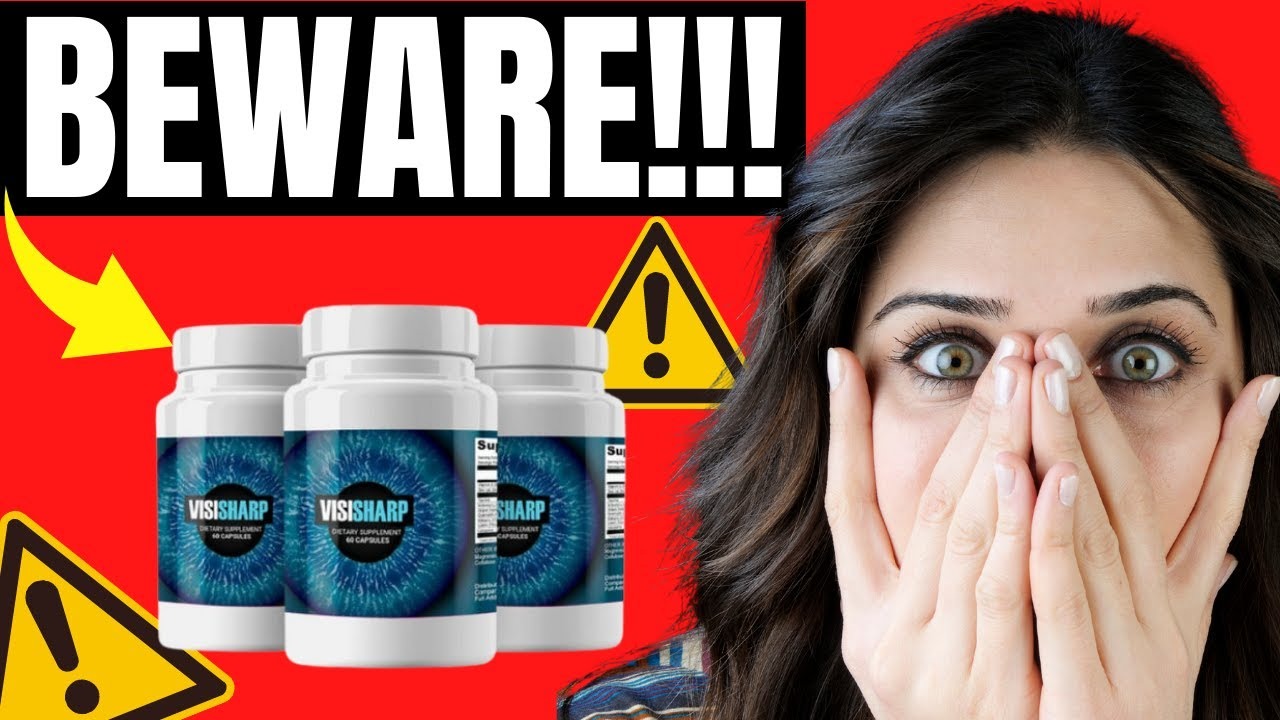Maintaining good eyesight is crucial for overall health and quality of life. While diet plays a significant role, sometimes supplements can offer an extra boost. This article explores the best supplements for eyesight, focusing on vitamin A capsules and other key nutrients. We’ll cover what makes vitamin A essential, how it works, and other options to keep your eyes healthy.
Why is Vitamin A Important for Eyesight?
Vitamin A is a fat-soluble nutrient vital for numerous bodily functions, including maintaining healthy vision. It plays a crucial role in the following areas:
- Preventing Night Blindness: Vitamin A is a key component of rhodopsin, a protein in the eyes that allows you to see in low-light conditions. Deficiency can lead to night blindness, making it difficult to see in dim environments.
- Reducing Risk of Age-Related Macular Degeneration (AMD): Some studies suggest that vitamin A, in combination with other antioxidants, may slow the progression of AMD, a leading cause of vision loss in older adults.
- Protecting the Cornea: Vitamin A helps maintain the health of the cornea, the clear front surface of the eye. Deficiency can cause dryness and even corneal ulcers.
Benefits of Vitamin A for Eye Health:
| Benefit | Description |
|---|---|
| Improves Night Vision | Vitamin A is crucial for the production of rhodopsin, which helps in seeing in low light conditions. |
| Supports Corneal Health | Vitamin A deficiency can lead to dry eyes and corneal damage; supplementation helps maintain the cornea’s integrity. |
| Reduces AMD Risk | Vitamin A, along with other antioxidants, may slow the progression of age-related macular degeneration. |
| Prevents Dry Eye Syndrome | Vitamin A supports the tear film, reducing the chances of developing dry eye symptoms. |
Recommended Dosage and Forms of Vitamin A
The recommended daily allowance (RDA) for vitamin A varies based on age and gender. For adults, it’s generally around 900 micrograms (mcg) RAE for men and 700 mcg RAE for women. Vitamin A capsules are a common supplement form, providing a convenient way to meet these needs.
- Dosage: Follow the instructions on the supplement label or consult with a healthcare provider for personalized advice.
- Forms: Vitamin A is available in several forms, including retinol and beta-carotene. Retinol is the active form readily used by the body, while beta-carotene is a precursor that the body converts into vitamin A.
- Dietary Sources: Foods rich in vitamin A include liver, dairy products, and orange/yellow vegetables like carrots and sweet potatoes.
Note: It’s essential to avoid excessive vitamin A intake, as it can lead to toxicity (hypervitaminosis A). Symptoms may include nausea, vomiting, dizziness, and even liver damage. Always stick to recommended dosages unless otherwise directed by a healthcare professional.
Additional Supplements for Eye Health

While vitamin A capsules are a great start, several other supplements can further enhance your eye health.
Lutein and Zeaxanthin
These are carotenoids found in high concentrations in the macula of the eye. They act as antioxidants, protecting the eyes from harmful blue light and oxidative damage. Studies suggest they can reduce the risk of AMD and cataracts.
Omega-3 Fatty Acids
Omega-3 fatty acids, particularly EPA and DHA, are essential for eye health. They help maintain the health of the retina, reduce inflammation, and alleviate dry eye symptoms.
Vitamin C and Vitamin E
These vitamins are powerful antioxidants that protect the eyes from oxidative stress. They work synergistically with other nutrients to reduce the risk of age-related eye diseases.
Zinc
Zinc is a mineral that helps vitamin A function effectively in the retina. It also plays a role in reducing the risk of AMD progression.
Complete Eye Support Formula
For a comprehensive approach, consider an eye support formula containing a blend of vitamins, minerals, and antioxidants. These formulas are designed to provide complete nutritional support for eye health.
List of Essential Supplements for Eye Health:
- Vitamin A: Crucial for night vision and corneal health.
- Lutein and Zeaxanthin: Protect against blue light and oxidative damage.
- Omega-3 Fatty Acids: Reduce inflammation and support retinal health.
- Vitamin C: An antioxidant protecting against oxidative stress.
- Vitamin E: Works synergistically with vitamin C for optimal protection.
- Zinc: Supports vitamin A function and reduces AMD risk.
Tips for Incorporating Supplements into Your Diet
Adding supplements to your diet can be beneficial, but it’s crucial to do it safely and effectively:
- Consult with a Healthcare Provider: Before starting any new supplement regimen, talk to your doctor or an eye care professional. They can assess your individual needs and provide personalized recommendations.
- Choose High-Quality Products: Look for supplements from reputable brands that have been third-party tested for purity and potency.
- Follow Dosage Instructions: Stick to the recommended dosages on the supplement label. Avoid exceeding the recommended amounts unless directed by a healthcare provider.
- Combine with a Healthy Diet: Supplements are most effective when combined with a balanced diet rich in fruits, vegetables, and healthy fats. Focus on getting nutrients from whole foods whenever possible.
- Monitor for Side Effects: Pay attention to any side effects you experience while taking supplements. Discontinue use and consult with a healthcare provider if you have any concerns.
- Consider Interactions: Be aware of potential interactions between supplements and medications you are currently taking. Your healthcare provider can help you identify any potential risks.
By taking a proactive approach to eye health through proper nutrition and targeted supplementation, you can support clear vision and protect your eyes from age-related diseases.